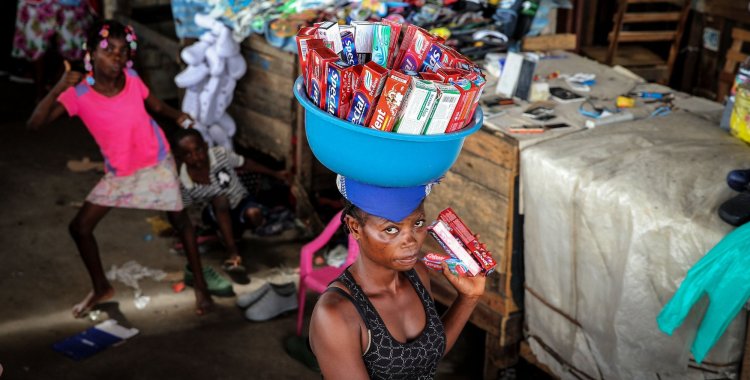The measure is expressed in the Regulation of the Law on the Organization, Exercise and Operation of Street Commerce, Marketplace and Market Counter Activities, approved in a decree signed by President João Lourenço.
Furniture, furniture items, bedding, antiques, radio equipment, electric or gas utensils, lamps, musical instruments, records and the like, motor vehicles, measuring and checking equipment, photography material, optical articles, clothing, footwear, jewelry, weapons and ammunition, coins and bank notes are also prohibited from street sales.
The legal diploma, dated May 17th, already published in Diário da República and to which Lusa had access today, aims to establish the technical and disciplinary aspects of the aforementioned sales modalities as retail trade activities, in order to equip the authorities of the trade in legal instruments.
The regulation also establishes the procedures for the issuance and integrated physical and digital renewal of the street vendor, market stall and market counter card, as well as registration on the Electronic Commercial Licensing Platform, integrated into the Citizen's Portal.
The sale of crafts, fruits and vegetables manufactured or produced in-house at craft fairs is subject to the provisions of the regulation, which empowers municipal administrations to authorize the exercise of street sales, upon issuance and renewal of the seller's card.
Municipal administrations must also authorize the holding of fairs, in accordance with the needs and interests of the local population, establish the frequency of fairs and license local commercial activity.
Trays, benches, pavilions, trailers or any other means used in sales must have the name, address and card number of the respective seller posted in a place clearly visible to the public.
The majority of citizens in Angola survive on the informal market and street vending on streets, roads, avenues, squares and other places is a common practice for many citizens, mostly women, known as “zungueiras”.
The authorities have taken actions to develop the Informal Economy Reconversion Program, but, from eggs to bicycles, several products continue to be sold on the street.







